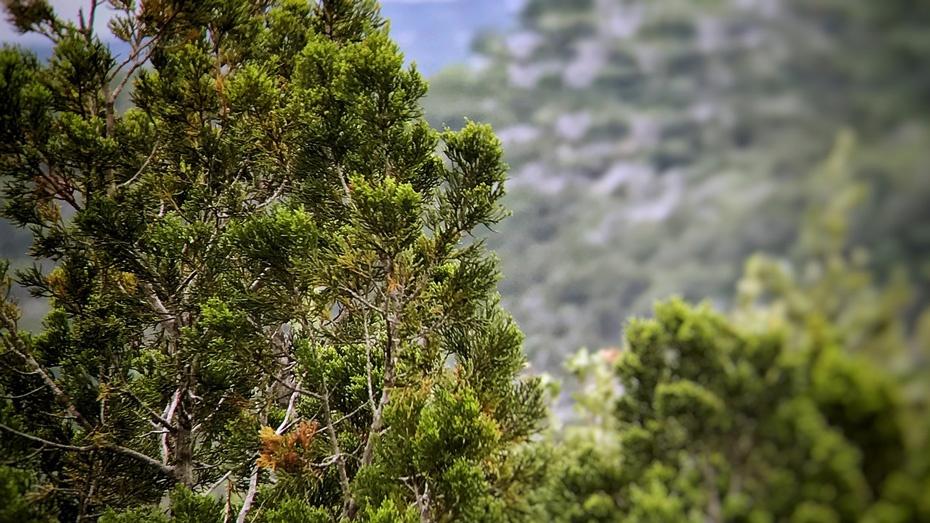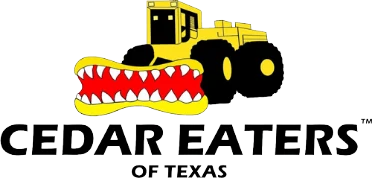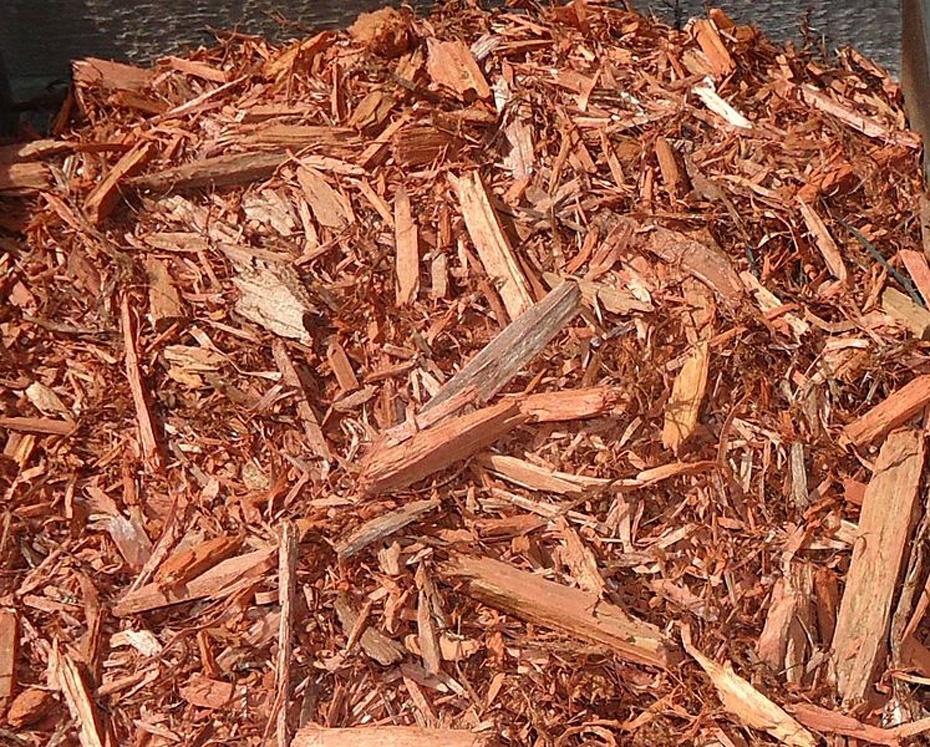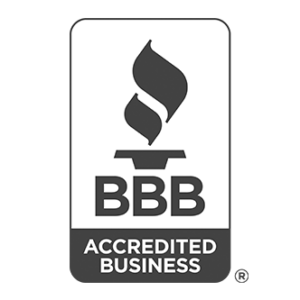The sweet scent of cedarwood fills the air as you enjoy exploring your property after having it cleared of cedar and underbrush, leaving mulch around trees and on hillsides. Cedar and brush mulch are excellent for the environment, and they brighten up the landscape. Mountain Cedar trees, also called ash juniper, are not native to Texas, Oklahoma, Arkansas and Southern Missouri. The plant thrives in USDA Plant Hardiness Zones 6-9. They grow about 30 feet tall in Central Texas. Although horticulturists considered them to be invasive weeds, cedars that spread in low forests and thickets are perfect for grinding, chopping, and shredding.
Ecological Improvements
Removing cedar from woodland and forest areas helps other trees to survive. This is especially true during Texas droughts. Because of their thick and varied root systems, cedars don’t need much moisture, but they will still absorb about 100 gallons of water per day. That’s water that neighboring trees need to survive. Oaks and other native trees and plants lose out when the rain falls — cedars are greedy! They grow in rocky soil, and their thick canopies keep water from hitting the ground when skies finally do open up. Tree removal can be a big job, but mulching fragrant cedar wood is a perfect way to protect the environment. Grinding and chopping cedar trees for mulch allows hardwood trees like oaks and maples to grow and spread. Native plants in Texas thrive when overly invasive species are thinned or eliminated. In Austin alone, there are 13.3 million cedar trees — the most of any kind.

Cedar Fever?
It’s called “cedar fever,” but this allergy doesn’t actually produce a fever. Cedar fever is an allergic reaction for some people who are sensitive to pollen from mountain cedar (Juniperus ashei) flowers that bloom in Central Texas. Those affected have the typical allergy symptoms of runny nose, itchy eyes, headaches, and sinus pressure. The symptoms are easily confused with the common cold.
Why Cedar Mulch?
The reddish-brown shredded and chipped wood has a sweet-to-spicy aroma. It conserves water and prevents soil erosion and allows for grass regrowth if the mulch is not too thick.
The biggest advantage of cedar mulch is that it takes a long time to decompose, so it won’t rot as quickly as other kinds of wood chips and shreds. It’s best used on slow-growing plants, trees, and shrubs but not in vegetable gardens. The wood adds much-needed nutrients to the soil. The color and scent of cedar discourage some insects from hanging out in the yard. It repels moths, carpet beetles, cockroaches, termites, and certain kinds of ants, for example. The scent also bugs mosquitos. In fact, cedar oil is a common ingredient for many mosquito repellants.
Removing cedar trees from your property sooner than later will keep them from becoming overbearing and tearing up the land. Mulching with cedar bark and wood chips puts the beauty back into your property after you’ve removed the beast.
Teri Silver is a journalist and an avid outdoor enthusiast.







